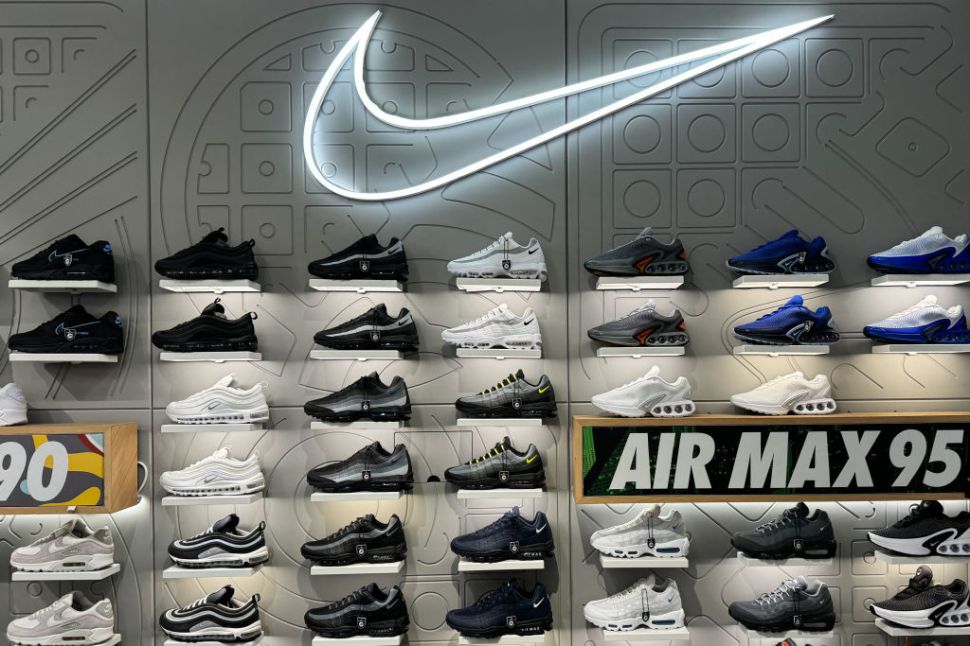Over the past few years, the world’s largest sneaker companies have increasingly expanded their sourcing footprint in countries like Vietnam to diversify production outside of China. But with the Trump administration’s “Liberation Day” tariffs taking aim at manufacturing hubs across Southeast Asia, this strategy is now majorly backfiring against footwear giants like Nike and Adidas (ADDYY).
President Donald Trump yesterday (April 2) announced a sweeping 10 percent tariff on most imports, along with higher rates for countries he deemed as the “worst offenders” in causing a U.S. trade deficit. Nations known for low-cost manufacturing were hit particularly hard. Imports from Vietnam, Indonesia, and Cambodia will face tariffs of 46 percent, 32 percent, and 49 percent, respectively. China was slapped with a 34 percent surcharge on top of its existing 20 percent duties.
The announcement sent stocks tumbling for sportswear companies heavily reliant on these countries for manufacturing. The news sent stocks plunging for sportswear companies that have become heavily dependent on these nations for labour. Nike shares fell by 12 percent today and are on track for the lowest levels since 2017. Under Armour stock plummeted nearly 18 percent, while Pumas and Adidas—which are traded in Europe—are both down by more than 9 percent.
In a bid to protect themselves against supply chain weaknesses made evident by the Covid-19 pandemic and geopolitical tensions, these companies have pulled back their production reliance on China over the past decade. But the size and extent of Trump’s tariffs on alternative manufacturing countries caught them by surprise. “While China risk was well known, new Vietnamese tariffs are a significant negative,” said analysts of the investment bank Raymond James in a report, adding that most footwear brands depend on Vietnam for between 40 percent and 90 percent of their sourcing.
How intertwined are sneaker companies with Vietnam?
Nike manufactures half of its footwear products and more than one-quarter of its apparel in Vietnam, with the rest produced in Indonesia, Cambodia and China, according to the company’s latest annual report. Adidas relies on the Vietnam for 39 percent of its sneakers. Under Armour and Puma also primarily depend on countries across Southeast Asia for outsourced manufacturing.
“The U.S. government’s announcement of heavy taxes on its trade with the rest of the world is a major shock to our global apparel industry,” said the International Apparel Federation, which represents apparel manufacturers around the world, in a statement. “Ultimately, someone will have to pay the price,” added the trade association.
That price could in part be paid by sneaker buyers, as switching production dependency will take some companies years to achieve, according to Brian Jacobson, chief economist at Annex Wealth Management. “Prices may rise, consumers might balk, costs will increase,” he told Reuters. “It’s not a pretty picture for profit managers.”
For now, sneaker companies are still digesting the impacts of the new levies. “We are currently evaluating the situation following the recent announcements and will react swiftly,” said Puma in a statement. Under Armour, too, said it is monitoring what it described as an “evolving issue” before determining what, if any, action to take. Nike and Adidas did not respond to requests for comment from Observer.

